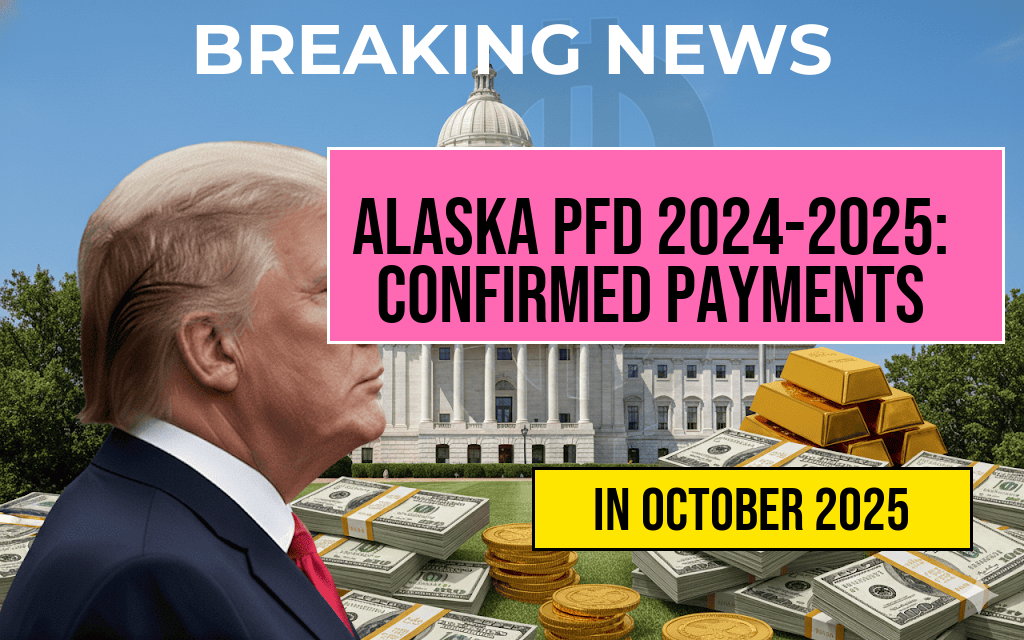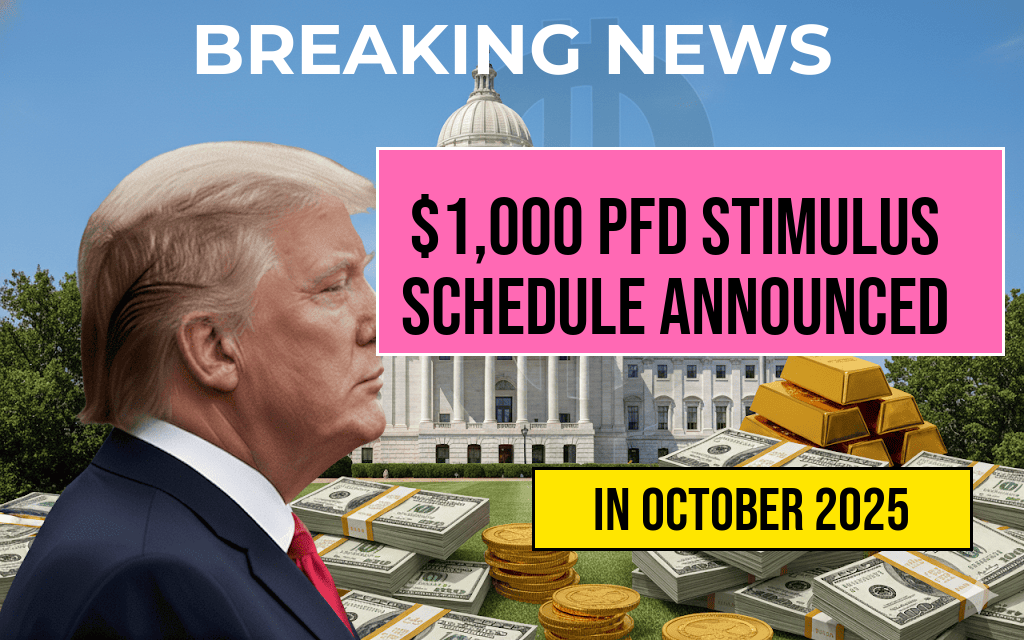The looming threat of a government shutdown poses significant consequences for Social Security recipients, potentially creating a two-tiered system that favors current beneficiaries while leaving new applicants in limbo. As congressional debates continue over federal funding, many face uncertainty about the stability of their payments and the speed of processing new claims. Existing Social Security beneficiaries are expected to remain protected, with their benefits continuing uninterrupted, but applicants seeking to start receiving benefits may encounter unpredictable delays or complete freezes in processing. This disparity could deepen inequities among seniors and disabled individuals relying on government support, raising concerns about the long-term impacts of political stalemates on essential social programs.
The Impact of a Shutdown on Social Security Payments
Under current federal policy, existing Social Security beneficiaries generally receive their payments automatically, even amidst government shutdowns. The Social Security Administration (SSA) has historically maintained benefit payments during funding lapses, citing statutory obligations and the critical nature of these funds for millions of Americans. However, this protection does not extend to new applicants or individuals seeking to begin their benefit claims.
For new applicants, the shutdown could mean significant processing delays. The SSA relies on federal appropriations to fund its operations, including the processing of new claims for retirement, disability, and survivor benefits. When government funding is interrupted, staffing levels often drop, and many offices operate with limited capacity or suspend in-person services altogether. As a result, individuals waiting to start receiving benefits face prolonged wait times, sometimes extending from several weeks to months, depending on the duration of the shutdown.
Why the Disparity Matters
The potential for a two-tiered system—where current beneficiaries are protected but new applicants face hurdles—raises questions about fairness and the integrity of social safety nets. Critics warn that such disparities could exacerbate economic hardship for those who are just beginning their journey to secure essential income during retirement or after disability. The situation could disproportionately affect low-income seniors and disabled individuals who have yet to receive their benefits, potentially leaving them vulnerable during periods of financial instability.
| Aspect | Existing Beneficiaries | New Applicants |
|---|---|---|
| Benefit Payments | Typically continue without interruption | Likely delayed or halted |
| Claim Processing | Not applicable; payments are ongoing | Processing may be suspended or delayed |
| In-Person Assistance | Limited or unavailable | Unavailable or significantly reduced |
| Impact Duration | Minimal, unless shutdown extends | Potentially prolonged until funding resumes |
Federal Policy and Legislative Responses
Congressional Efforts to Protect Benefits
Lawmakers have historically prioritized the protection of Social Security payments during shutdowns, viewing them as vital for millions of Americans. The SSA’s automatic payment systems and statutory protections usually ensure that beneficiaries receive their funds on schedule. However, the process for new applications is more vulnerable to disruption, as staffing reductions often slow down or halt processing activities.
Recent legislative proposals aim to shield new Social Security claimants from delays, but political disagreements and the lack of consensus over federal funding continue to threaten these measures. Some advocates call for dedicated funding streams or emergency measures to ensure that all applicants are treated equitably, regardless of government shutdown status.
Potential Long-Term Consequences
If a shutdown persists or becomes a recurring issue, the implications could extend beyond immediate payment disruptions. Delays in processing new claims may lead to increased financial insecurity for vulnerable populations, such as disabled workers or retirees who depend solely on Social Security income. Furthermore, prolonged delays could undermine public trust in the social safety net, fueling broader debates about the sustainability and administration of these programs.
Expert Perspectives
- Economists warn that delays in benefit issuance could force individuals into hardship, increasing reliance on emergency aid or charitable assistance.
- Advocates for seniors emphasize that timely access to Social Security is essential for maintaining dignity and independence among older adults.
- Policy analysts suggest that structural reforms may be necessary to insulate critical programs from political impasses, ensuring continuity regardless of government funding debates.
Looking Ahead
The outcome of ongoing negotiations will determine whether the government resumes full operations swiftly or faces prolonged shutdowns that deepen disparities among Social Security recipients. While current beneficiaries are likely to remain protected, the uncertainty faced by new applicants underscores the need for resilient policies that prevent such disparities from emerging. As the debate continues, millions of Americans remain concerned about the stability and fairness of a system that many depend upon for financial security during life’s most vulnerable moments.
For more information on Social Security policy and government shutdown impacts, visit Wikipedia’s Social Security page and Forbes.
Frequently Asked Questions
What is the main concern regarding Social Security during a government shutdown?
The primary concern is that existing Social Security beneficiaries will continue to receive their payments without interruption, while new applicants may face significant delays in processing their claims, effectively creating two classes of recipients.
How does a government shutdown affect new Social Security applicants?
During a government shutdown, applications from new Social Security recipients may experience total delays due to reduced agency operations and staffing, potentially leaving some individuals without benefits for an extended period.
Will current Social Security beneficiaries be impacted by a government shutdown?
No, existing beneficiaries are generally protected and will continue to receive their benefits on schedule despite the shutdown, as their payments are prioritized.
What are the implications of creating two classes of Social Security recipients?
This situation could lead to inequities in benefit processing, with new applicants facing longer wait times and uncertainty, which may undermine public confidence in the Social Security system.
Is there any way for new Social Security applicants to avoid delays during a shutdown?
Currently, there are limited options to bypass delays caused by a government shutdown. Applicants are advised to stay informed through official channels and consider early application where possible, but delays may still occur due to reduced agency operations.








